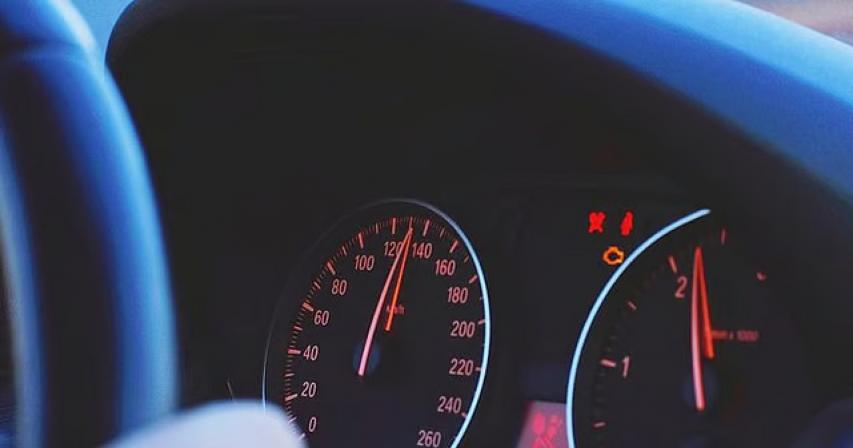Abu Dhabi minimum speed limit on E311 removed – Will you still pay Dh400 for driving slowly?

The United Arab Emirates (UAE) allows cruising Abu Dhabi and Dubai on Sheikh Mohammed bin Rashid Road (E311). Sheikh Mohammed bin Rashid Road now makes provisions for a minimum speed limit (120 km/h). However, for those who were previously fined for going below the minimum speed limit, your efforts to get fined for under acceleration on Sheikh Mohammed bin Rashid Road (E311) have officially been annulled. Abu Dhabi Mobility (formerly known as Integrated Transport Centre) announced on Monday that the minimum speed requirement has been abolished.
This change applies solely to Sheikh Mohammed bin Rashed Road which is the main highway linking Abu Dhabi with Dubai. Abu Dhabi Mobility has provided no details behind the skidding decision, however has stated its intentions on ‘enhancing road safety and improving traffic flow to heavy vehicles on the E311’.
So, will cruising at slower speeds on E311 merit fines?
The rule came into existence in April ‘23 for users of the first two lanes. Sporting a range of 120 km/h placed a fine of Dh400 for non-compliance straddling from May 2023. Straddling the third and final lane, the heavy vehicle designated lane was free from this rule as confirmed by Abu Dhabi police.
Drivers using the two left-hand lanes going under 120 km/h were fined Dh400. While the minimum baseline for speed has been lifted, motorists using E311 are still required to follow the designated maximum speed limit.
Outdated or slower vehicles are recommended to not drive within the leftmost lanes since this would impede traffic flow and block the legally faster moving vehicles.
Speed Limit on E311
The designated maximum vehicular speed on Sheikh Mohammed bin Rashid Road has not changed and remains at 140km/h. While there is no longer a set minimum speed which must be complied with, speed monitoring and enforcement systems still in place will sanction riders who breach the set upper limit.
Reason for abolishing the minimum speed limit.
Abu Dhabi Mobility posted on social media: “To advance traffic safety, facilitate maneuverability of heavy vehicles, and improve overall road traffic conditions… the minimum speed limit on Sheikh Mohammed bin Rashid Road (E311) has been eliminated.” This is aimed at enhancing the flow of traffic particularly enhancing safety for all users of the road.
Most recently, Abu Dhabi Police stated that the justification for the implementation of minimum speed laws was intended for traffic regulation to manage the tailgating, this remains a highly frequent cause of severe collisions.
Changes on grace speed limit in Abu Dhabi
The grace speed limit differs from the other Emirates in the UAE with Abu Dhabi being stricter. Is it true that in 2018 Abu Dhabi stopped granting grace speeds over 20kmh? You could be fined for even slightly exceeding the speed limit! This change has greatly affected drivers throughout all of UAE.
What are the consequences Drivers face for speeding in the UAE
If you're caught speeding more than exceeding the limit set by the government, you'll find yourself with hefty fines. For example, exceeding the speed limit by an astounding 80km/h would set you back Dh3,000. In addition, you would be given a whopping 23 black point penalty and stay virtually imprisoned with your car for 60 days. Furthermore, if you exceed the speed limit set for 60km/h, the consequences are just as dire. In this case, you will face a penalty of Dh2,000, bring your black points down to 12, and car imprisonment for 30 days.
But what if the speed limit set is 60km/h? In that case the punishment wouldn't be as harsh with Dh1,500 like put you in jail for 15 days.






Comments